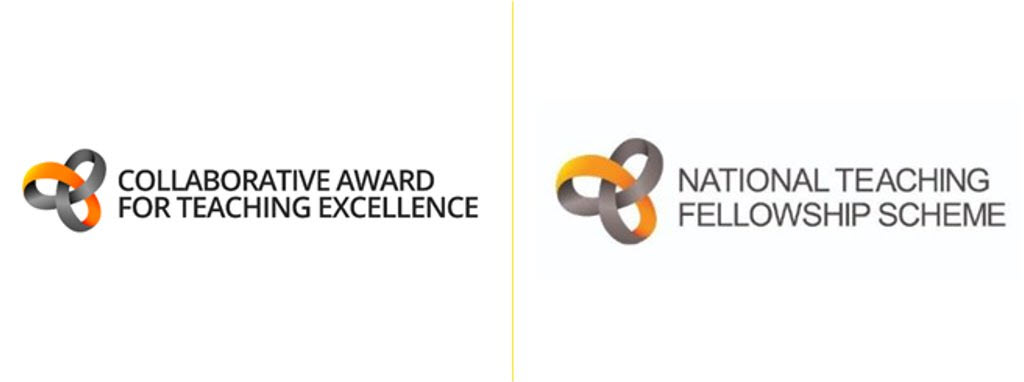The fund (formerly the University Education Development Fund) provides grants of up to £10,000 to support the development of new approaches to learning and teaching across Newcastle University.

Two strands of funding are available:
- Strand A – applications up to £2500. Projects can be specifically focussed within an individual academic unit, or across multiple areas as appropriate to the project.
- Strand B – applications up to £10,000. Projects must involve collaboration across academic units and/or services and have potential benefits that are applicable beyond a single school or academic unit.
Chaired by the PVC Education, the fund offers a fantastic opportunity to propose and deliver projects with real benefit to student education. Applications should further the aims and key themes of the Education Strategy.
Application deadline for Semester 1:
Applications must be sent to educationdevfund@newcastle.ac.uk by 12 noon (UK time) on Monday 20 November 2023.
Full information, guidance notes, and the application forms are available on the Learning and Teaching @ Newcastle website.
For queries please contact educationdevfund@newcastle.ac.uk.







